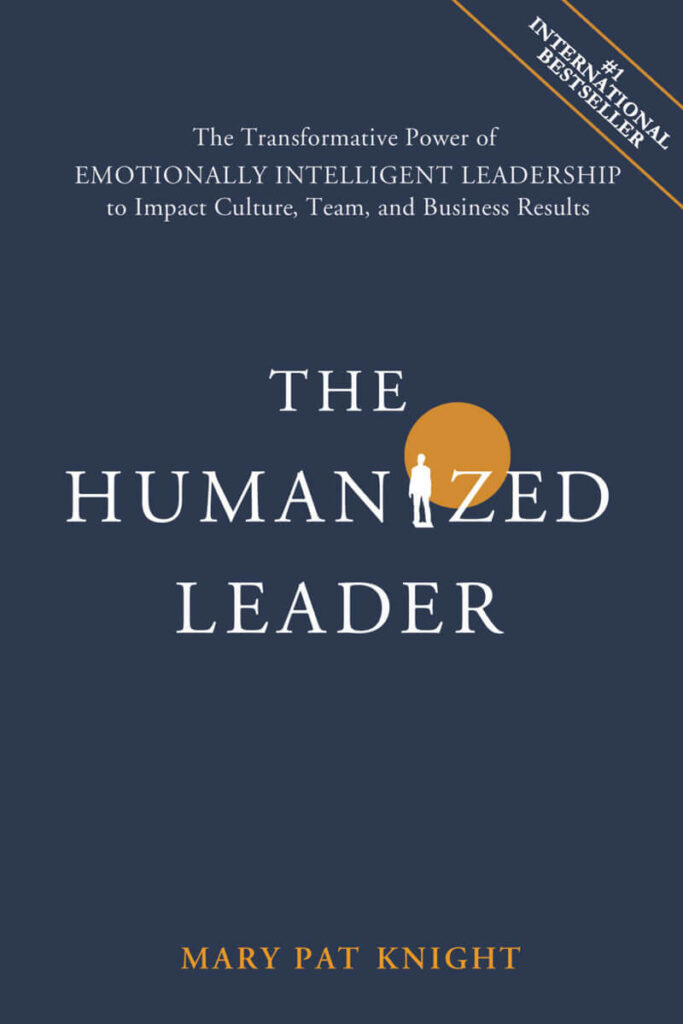The “It’s the little moments that trigger some of our most outsized and unproductive responses.”
― Marshall Goldsmith, Triggers: Creating Behavior That Lasts
Even on my best days, I have to stand guard to my emotional responses. That doesn’t mean I stay “guarded”, rather that I pay attention and especially to my triggers. They are sneaky little things. Can you relate?
No matter how much structure and support I put into place, it is inevitable that at some point I will be emotionally triggered. It usually happens in the most unexpected ways and at the most inconvenient times and places. But it happens.
Now to you.
An emotional trigger is any topic that makes you feel uncomfortable (or return us to the feelings of an initial trauma). These emotional triggers are telling you which aspects of your life might frustrate you or feel unsatisfying. It can vary in each person because everyone struggles with something different.
The swiftness of a trigger can leave you reeling and out of the leadership mindframe, propelling you into reactive behavior and feelings of woundedness. Feelings of woundedness lead to victim mentality and pretty soon, a spiral of hopelessness.
There is a framework for recovery from a trigger. First, you become attuned to your emotions as you are experiencing them. Second, learn strategies for how to minimize the impact of the trigger. Third, you intentionally manage the response before attempting to address emotional triggers. That way when a rogue trigger presents itself, the cards are already stacked in your favor.
There is a distinct “choice” point between the emotion presenting itself and the knee jerk reaction to the emotion. Trigger happens and you were unconsciously transported back in time to the first incidence of discomfort. You aren’t even aware that this is happening. It’s as though your brain and your emotions are hijacked. You experience a big, destabilizing emotion. It’s in this moment where you can re-claim your emotional intelligence and manage your response.
If you have been building your EQ muscles, you will recognize the emotion and remember that you have a choice in how you manage and ultimately express it. If it grabs you by the throat and hijacks your self-management abilities, all bets are off, and you are off to the emotional racetrack on a horse stung by a bee.
How do you know you are about to experience an emotional trigger? The good news is that there are always clues. Much like a poker tell (which is the little tic or eye movement or sigh that sends a foretelling signal to the other players) that allows you to dominate someone in the game of poker, you have a trigger tell, which gives you the advantage once you are aware of it. Some people feel their pulse quicken. Others feel their skin flush. Some report head buzzing or chest pounding. Still others become short of breath or begin to sweat. What’s common about these clues? That’s right: they are all physical reactions to emotional stimuli.
When you feel any of these physical clues, you can rest assured that you are being given an invitation into an emotional trigger. Accept the invitation at your own peril.
The physical clue puts you in the choice point, mentioned above. It’s in this moment, you employ a strategy to diffuse the emotion. Breathe, take a walk, use appropriate humor, lightly clap your hands. These are all suggestions that allow you to break the pattern, restore thinking, and make a better choice.
Over time, you will tune into yourself more rapidly and see the trigger pattern instantly. It’s then that you can lighten up, give yourself grace and intentionally choose a leadership response.

Mary Pat Knight is CEO of Leaders Inspired – an executive coaching and consulting agency devoted to the development of emotionally intelligent leaders. She is also the author of the Amazon #1 International Best Selling book, The Humanized Leader.
The ground-breaking new book, The Humanized Leader: The Transformative Power of Emotionally Intelligent Leadership to Impact Culture, Team and Business Results, is now available in Kindle or paperback format. To get your copy – or extras for your team, click the button below.






I was fortunate to be on the receiving end of coaching from Mary Pat this past year. She was able to help me uncover something that has been plaguing me professionally for years, and she was able to identify and help me address. I am truly thankful to her for her skills and abilities, and kindness and professionalism.